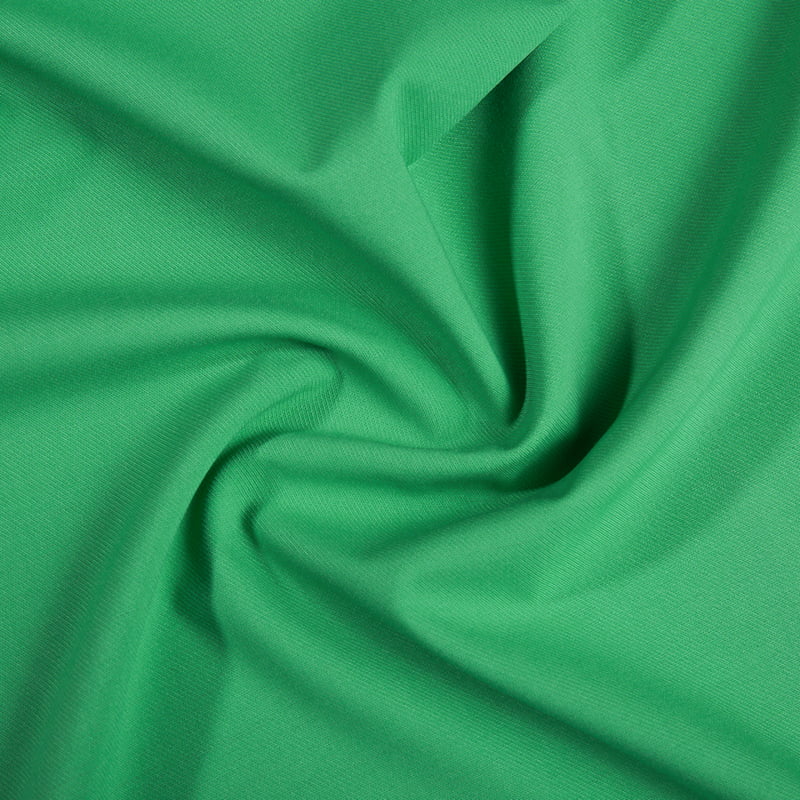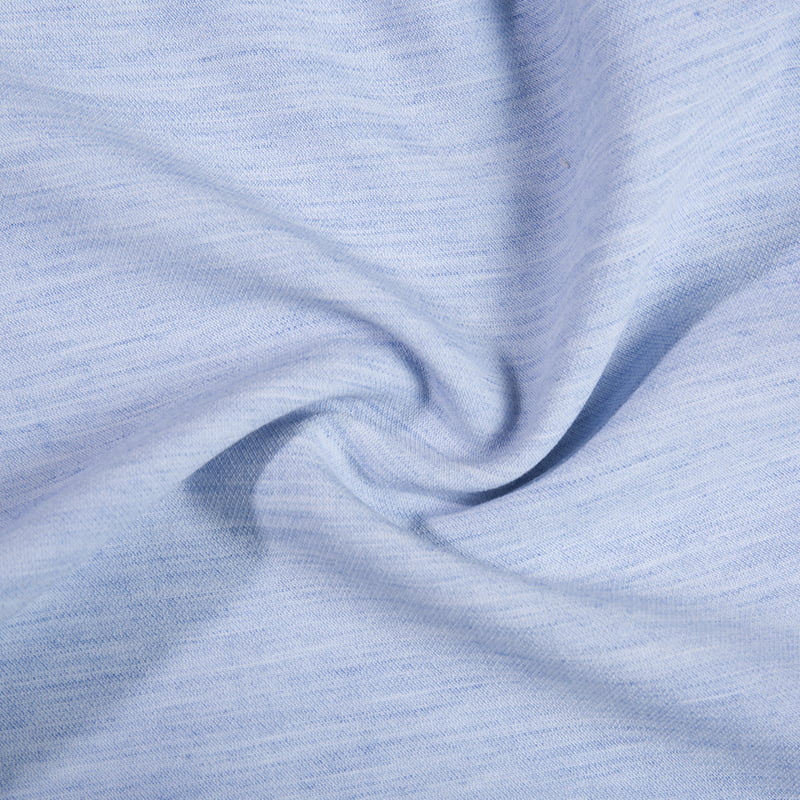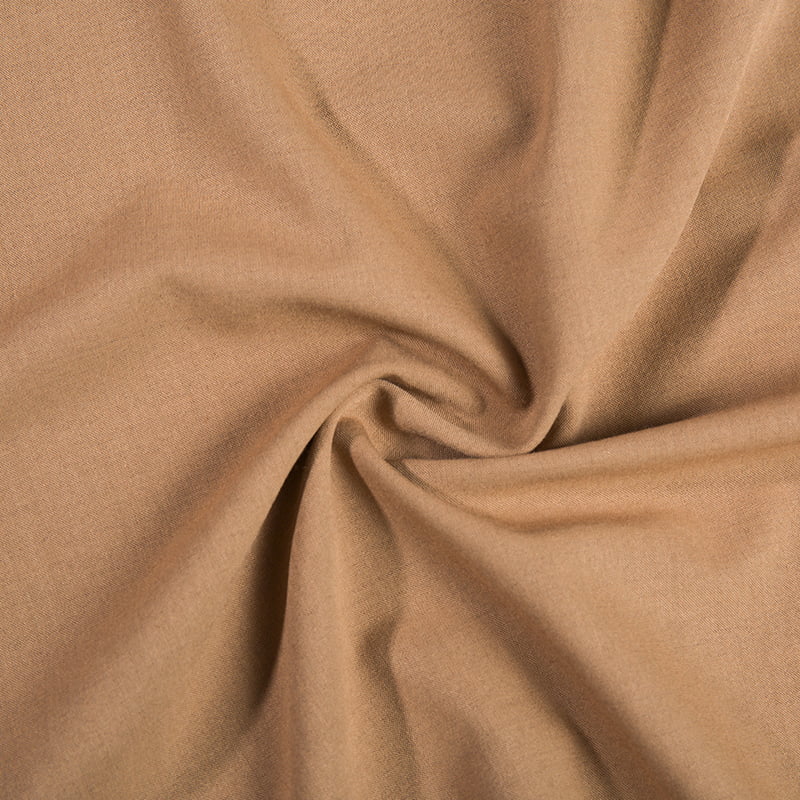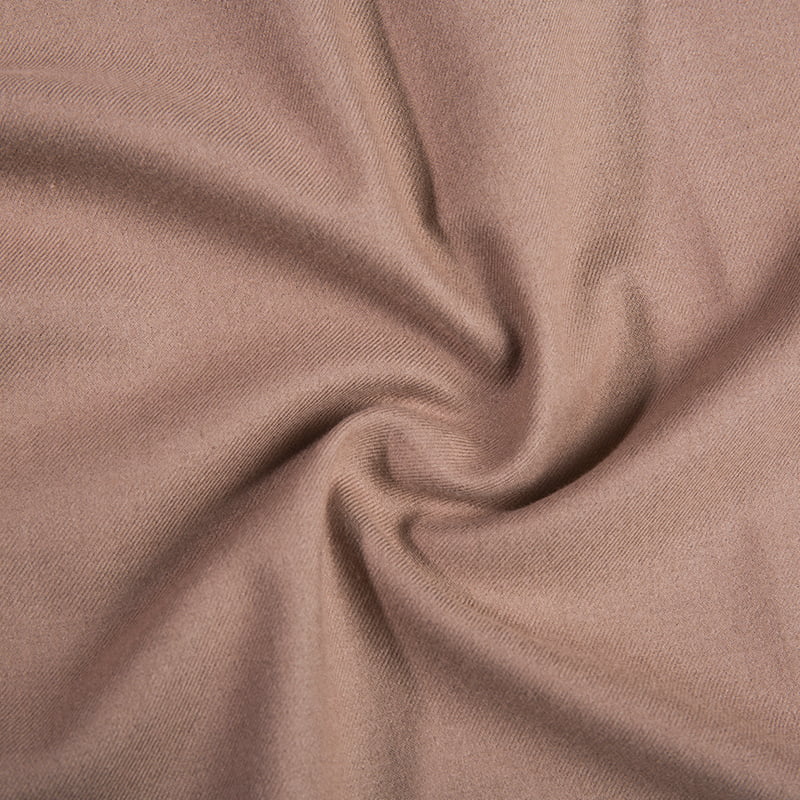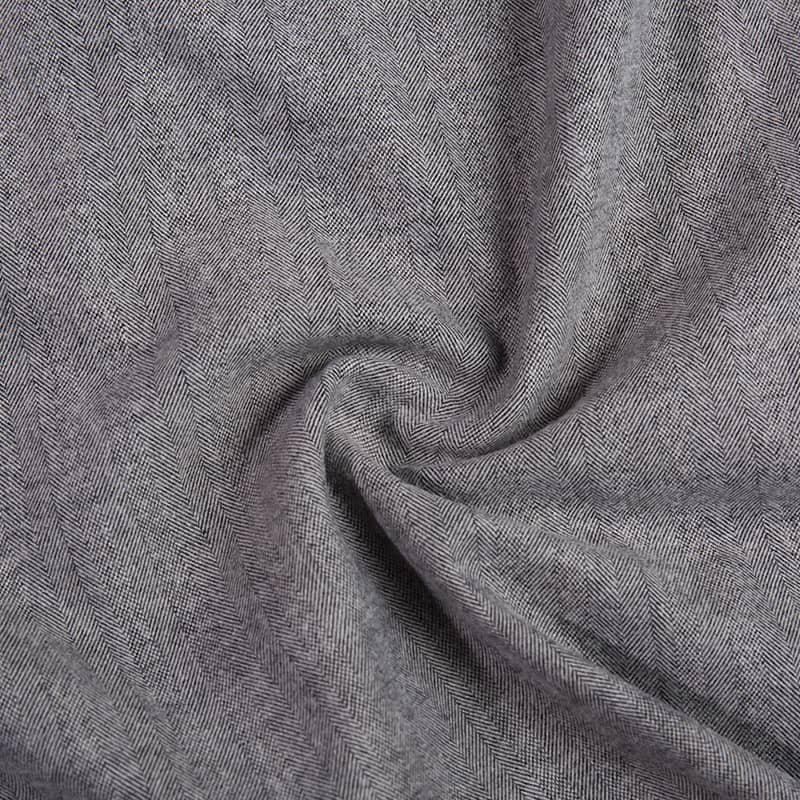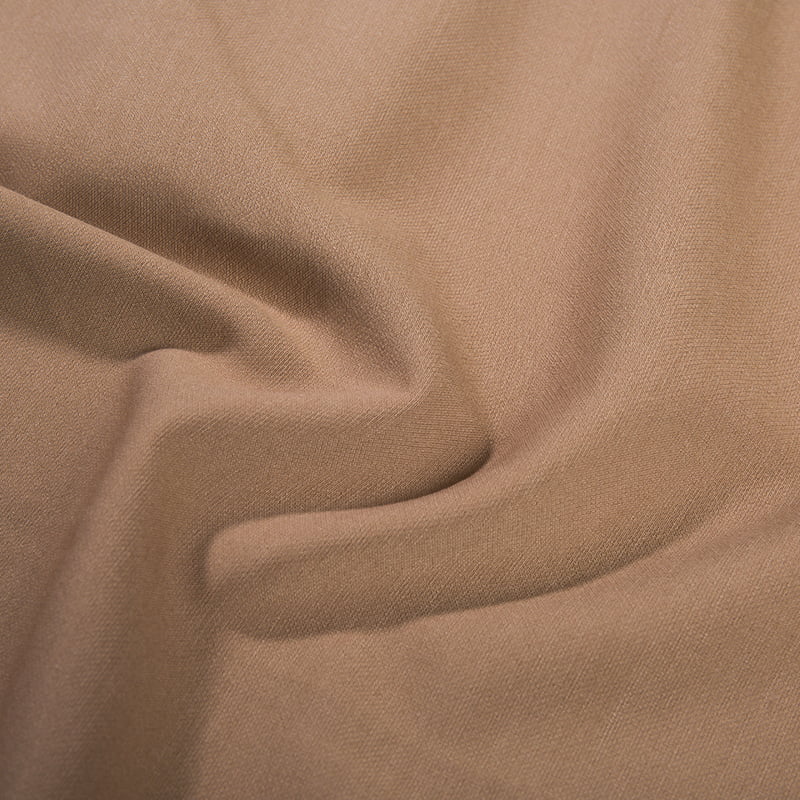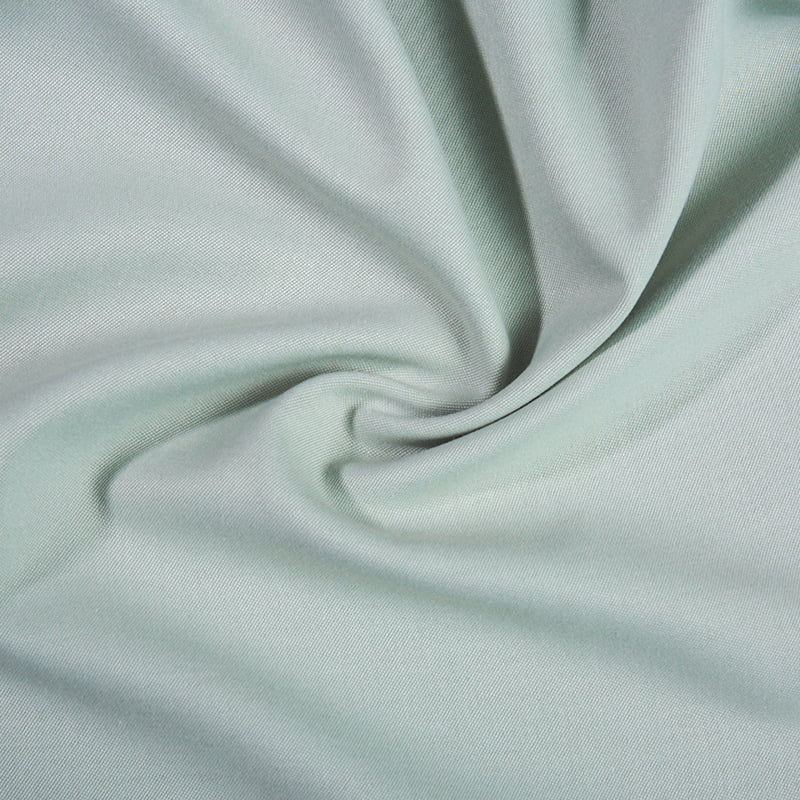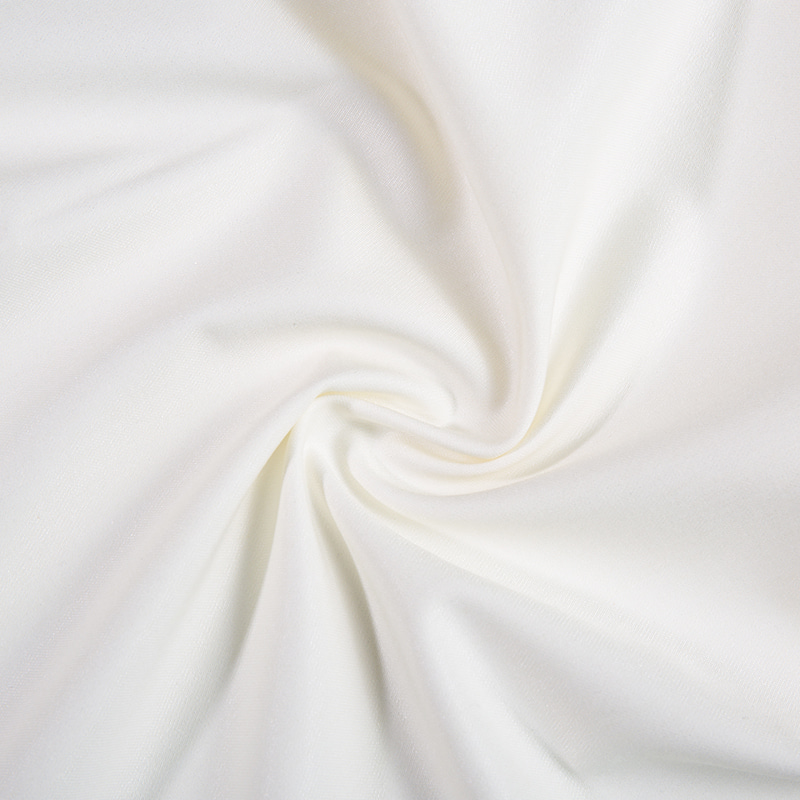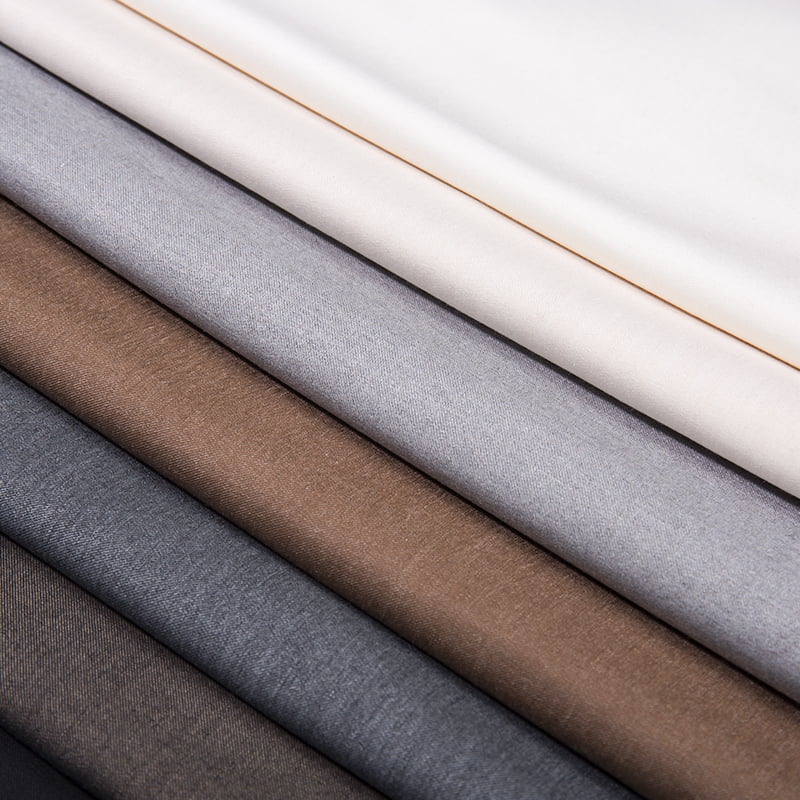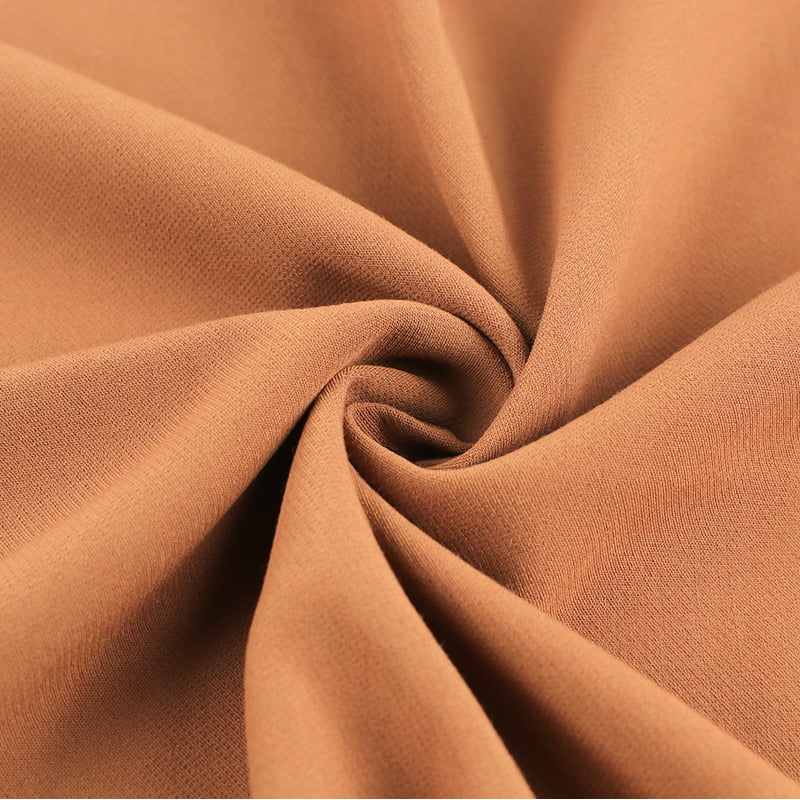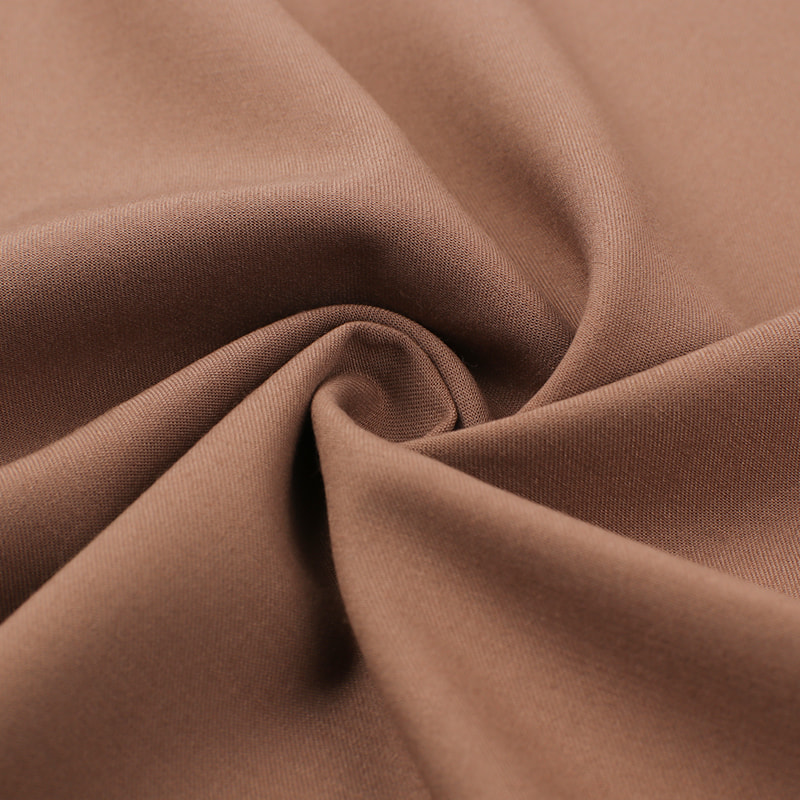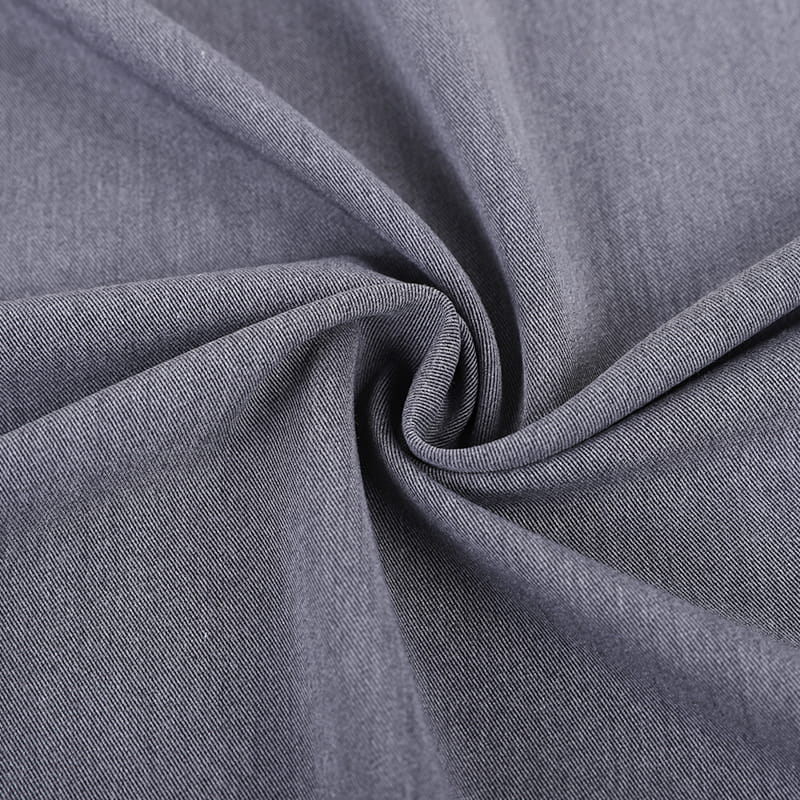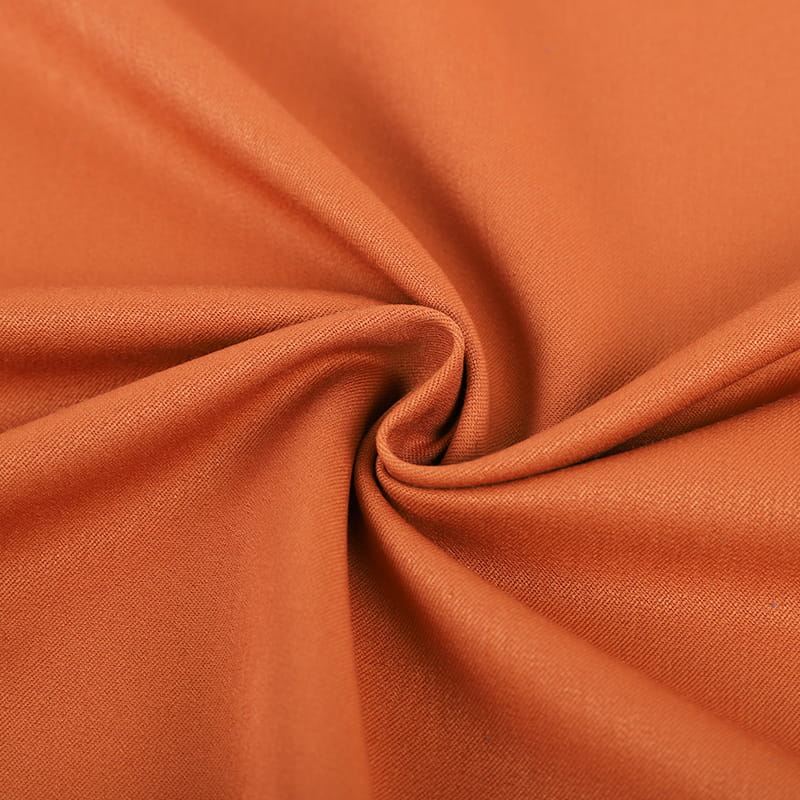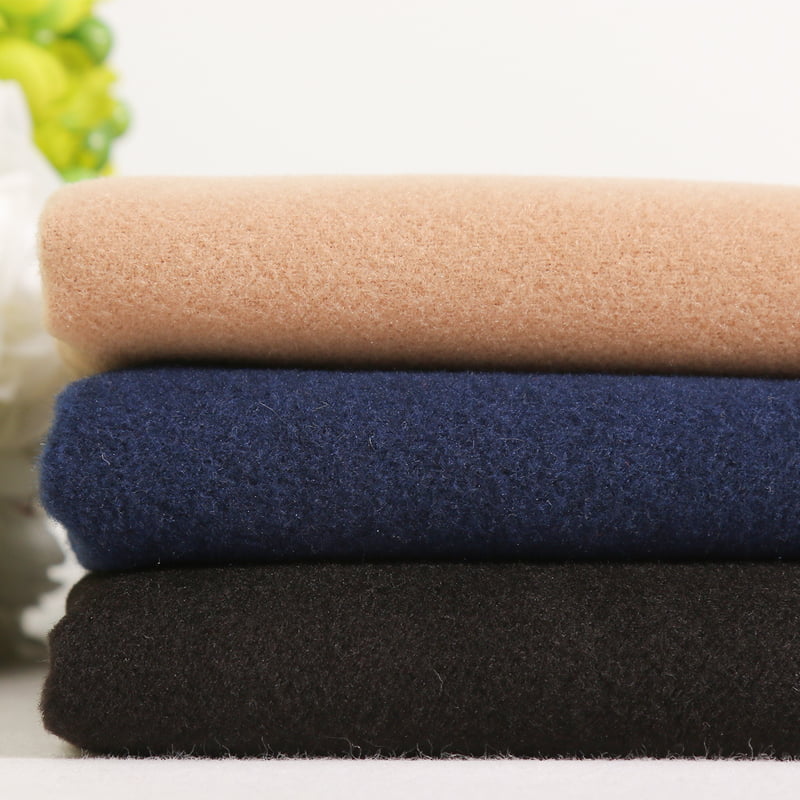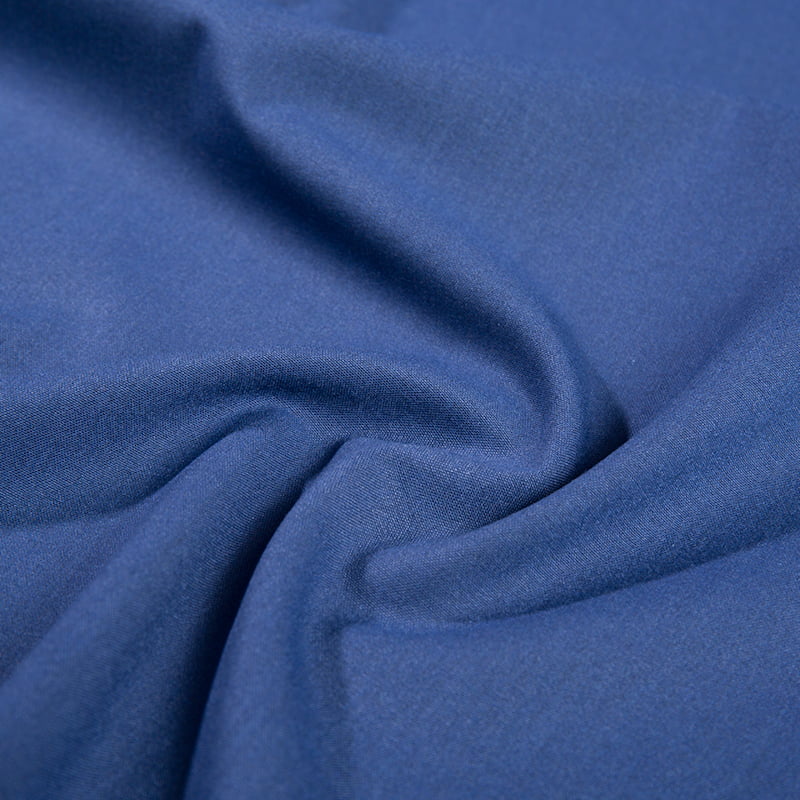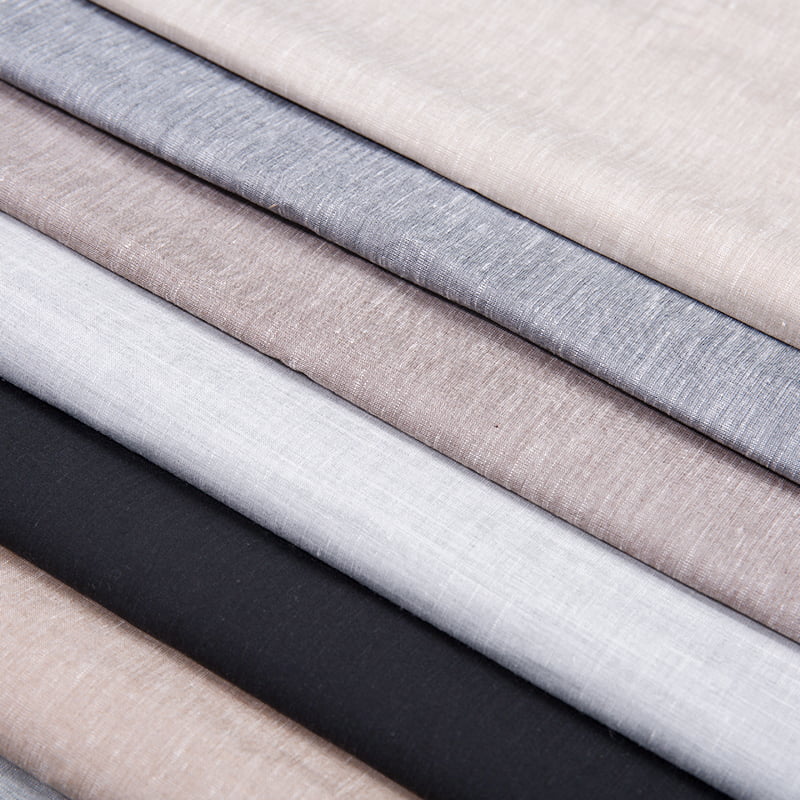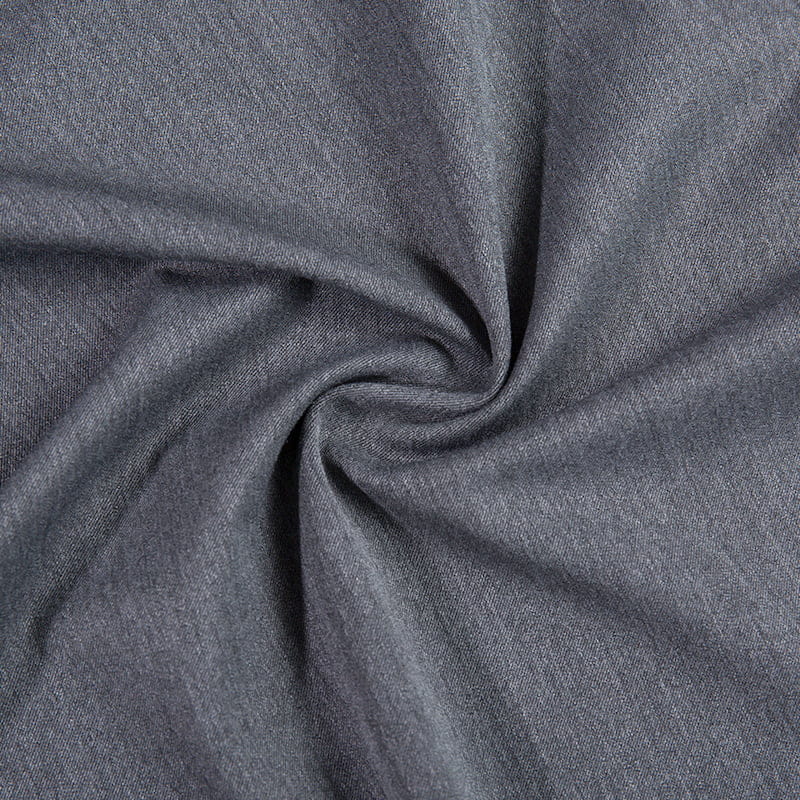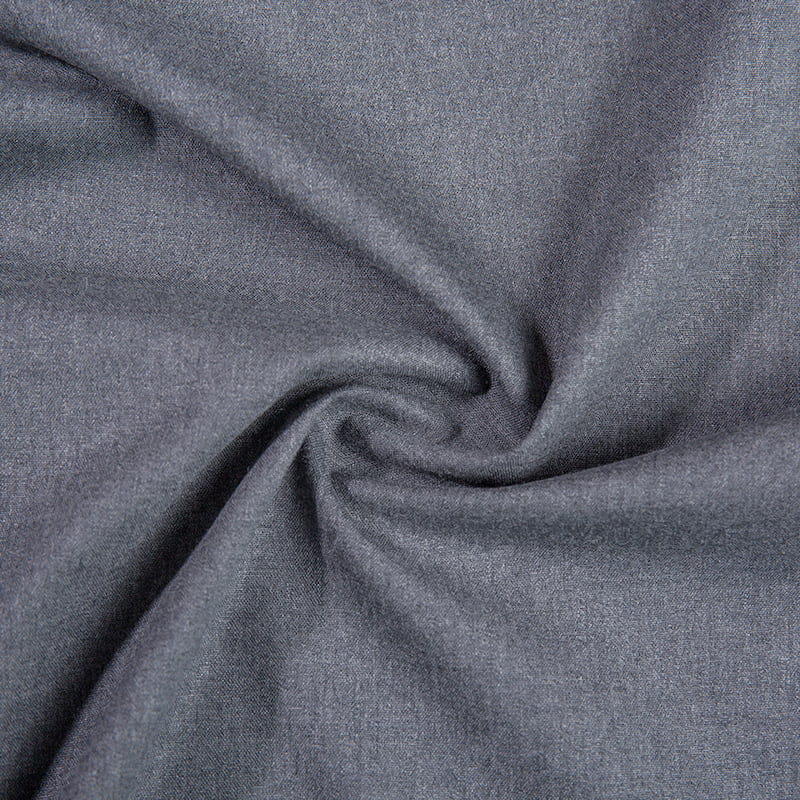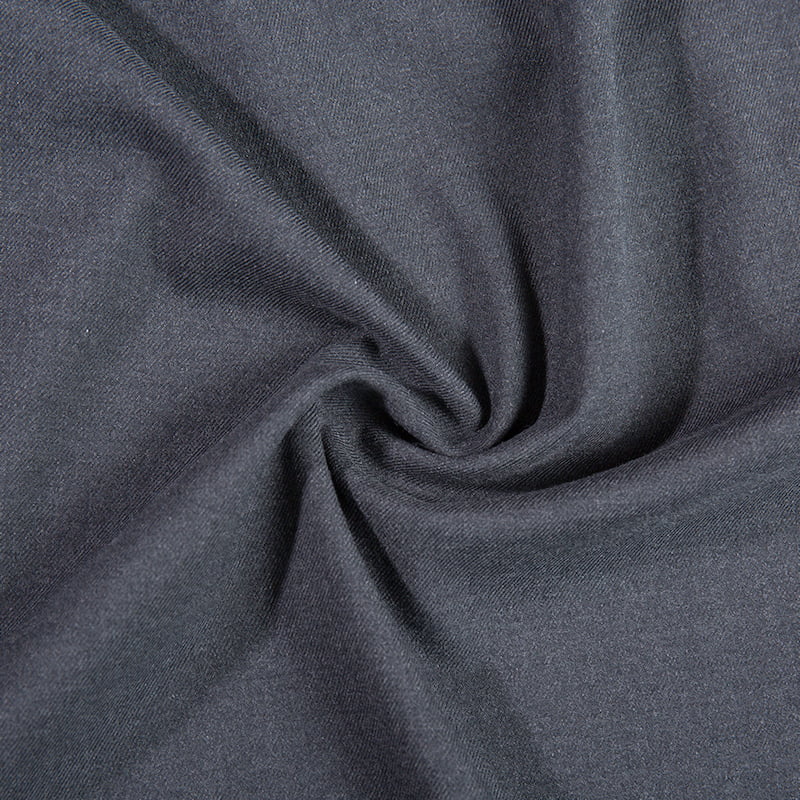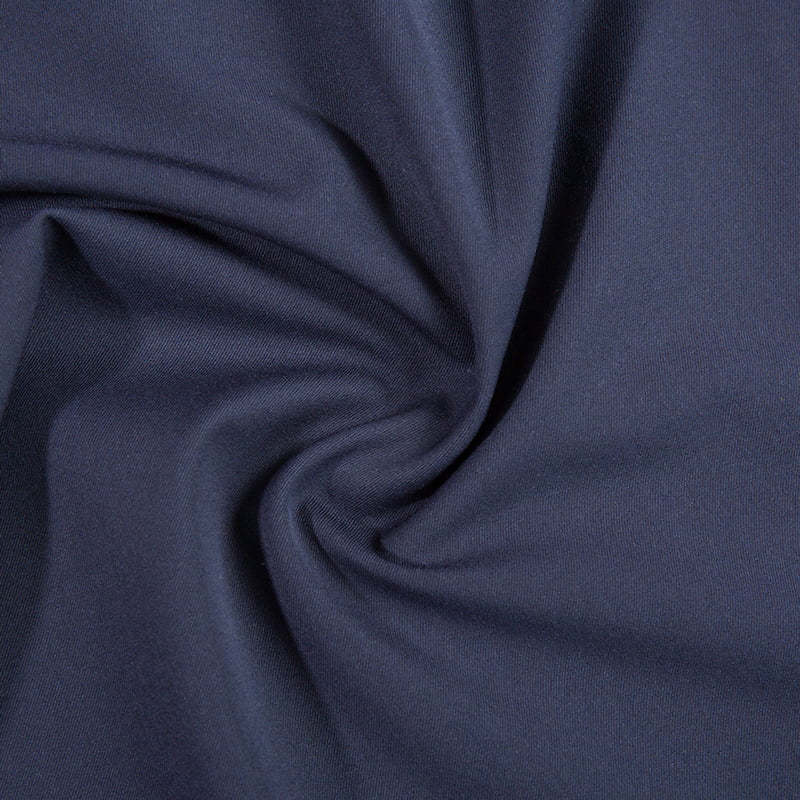In the competitive world of suiting, TR Fabrics have emerged as a notable option for consumers seeking durability and affordability without compromising on appearance. This article explores how TR Fabrics suits achieve a balance between excellent wrinkle resistance and high cost-effectiveness, covering key aspects such as concepts, types, applications, comparisons, and frequently asked questions.
Concept of TR Fabrics
TR Fabrics refer to textile materials composed of a blend of Terylene (a type of polyester) and Rayon. This combination leverages the inherent properties of both fibers: polyester contributes strength, durability, and resistance to wrinkles, while Rayon adds softness, moisture absorption, and a drape similar to natural fabrics. In suiting, TR Fabrics are engineered to minimize creasing during wear and storage, reducing the need for frequent ironing or professional cleaning. The cost-effectiveness stems from the efficient production processes of synthetic fibers and the longevity of the fabric, which extends the garment's lifespan without high maintenance costs.
Types of TR Fabrics in Suiting
TR Fabrics for suits are available in various blend ratios and weaves to cater to different needs. Common blends include 65% polyester and 35% Rayon, which emphasizes wrinkle resistance and ease of care, or 55% polyester and 45% Rayon for a softer hand feel. These fabrics can be woven in patterns such as plain, twill, or herringbone, offering versatility in suit designs—from business formal to casual styles. Additionally, finishes like anti-static or moisture-wicking treatments may be applied to enhance functionality, making TR Fabrics suits suitable for diverse environments.
Applications of TR Fabrics Suits
TR Fabrics suits are widely used in scenarios where maintenance ease and budget considerations are priorities. They are common in corporate uniforms, daily business attire, and travel wear, as the anti-wrinkle properties help maintain a polished look during long hours or trips. The fabric's adaptability also makes it a choice for event-specific suiting, such as conferences or interviews, where a neat appearance is essential without the high cost associated with premium materials. Moreover, TR Fabrics suits are often incorporated into collections targeting entry-level professionals or those in climates where comfort and durability are key.
Comparison with Other Suiting Fabrics
When compared to traditional suiting materials like pure wool or cotton, TR Fabrics demonstrate distinct advantages in wrinkle resistance and cost-efficiency. Wool suits, for instance, offer luxury and breathability but are prone to wrinkling and typically require dry cleaning, increasing long-term expenses. Cotton suits provide comfort but may lack the structural integrity to resist creases. In contrast, TR Fabrics suits maintain their shape with minimal care, often allowing for machine washing or quick touch-ups. However, it is important to note that wool may outperform in terms of natural fiber benefits, such as temperature regulation. TR Fabrics fill a niche by delivering a practical balance for everyday use.
Frequently Asked Questions (FAQ)
-
What exactly are TR Fabrics?
TR Fabrics are a blend of polyester and Rayon fibers, designed to combine durability, wrinkle resistance, and comfort in textiles like suiting. -
How durable are TR Fabrics suits?
These suits are known for their longevity due to the strength of polyester, which resists abrasion and fading, making them suitable for frequent wear. -
What is the recommended care for TR Fabrics suits?
Generally, they can be machine-washed in cool water and tumble-dried on low heat, though specific care labels should be followed to preserve the fabric. -
Are TR Fabrics suits suitable for all seasons?
The blend offers moderate breathability and can be adapted with lighter weaves for warmer weather, but they may not provide the same insulation as wool in cold climates. -
Why are TR Fabrics suits considered cost-effective?
The synthetic components reduce production costs, and the low maintenance requirements—such as reduced ironing and cleaning—contribute to overall savings.
TR Fabrics suits represent a practical solution in the suiting market, effectively addressing the demand for wrinkle-resistant and affordable options. By integrating the robust qualities of polyester with the comfort of Rayon, these suits cater to modern lifestyles where efficiency and value are paramount. As textile innovations continue, TR Fabrics are likely to maintain their relevance for consumers prioritizing performance and economy in their wardrobe choices.


 English
English 中文简体
中文简体 日本語
日本語 한국어
한국어 Español
Español русский
русский
